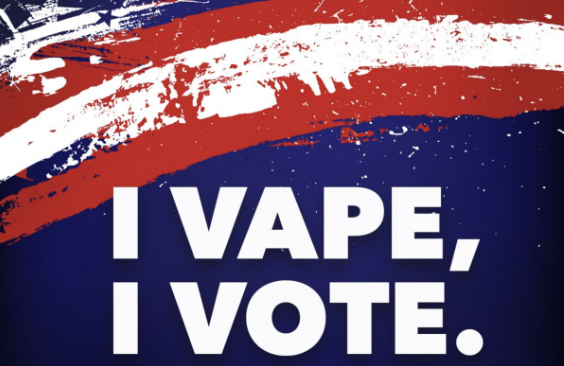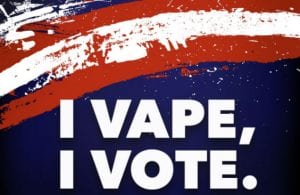
The U.S. Food and Drug Administration has “significantly and substantially failed” to fulfill its congressional mandate to protect the public health, Americans for Tax Reform (ATR) told the Reagan-Udall Foundation in a letter.
The Reagan-Udall Foundation is reviewing the FDA Center Tobacco Products’ (CTP’s) policies and procedures following months of criticism over its handling of e-cigarette reviews. As part of its assessment, the foundation offered stakeholders an opportunity to share their input.
In its comment, the ATR suggested seven reforms to improve the agency’s performance:
- FDA should introduce cross-disciplinary expert analysis factoring input from fields like psychology and behavioral economics to increase public awareness and engagement in the decision-making process.
- FDA must provide an easy, streamlined PMTA pathway as initially promised.
- FDA’s PMTA process should focus on product safety and individual risk, not behavioral and population assessments that are better gathered by a singular postmarket surveillance team.
- FDA should be in regular, proactive contact with all PMTA applicants as opposed to merely issuing marketing denial orders after year-long periods of silence.
- FDA should consider implementing product standards to assist in the streamlining process and look also to countries such as the United Kingdom as a model for a regulatory system that works.
- FDA must urgently act to combat significant public misinformation that it admits exists in the community and is a barrier to smoking cessation.
- FDA must reform its approach to youth risk behavior. FDA should accept that youth can benefit from harm reduction and properly evaluate the consequences of reduced vape access for both adults and youth.
Tim Andrews, ATR’s director of consumer issues, wrote that the Reagan-Udall Foundation’s review could help the agency better the PMTA review process.
“[The PMTA] process has created impossible administrative burdens on applicants,” he said. “When processes and requirements were changed, FDA failed to notify applicants and is alleged to have applied a new and different standard to certain applicants. FDA’s failures are structural. Our submission is cognizant of that and emphasizes that these issues can’t be solved with increased funding, especially not through user fees on small vape manufacturers.”



 A
A 
